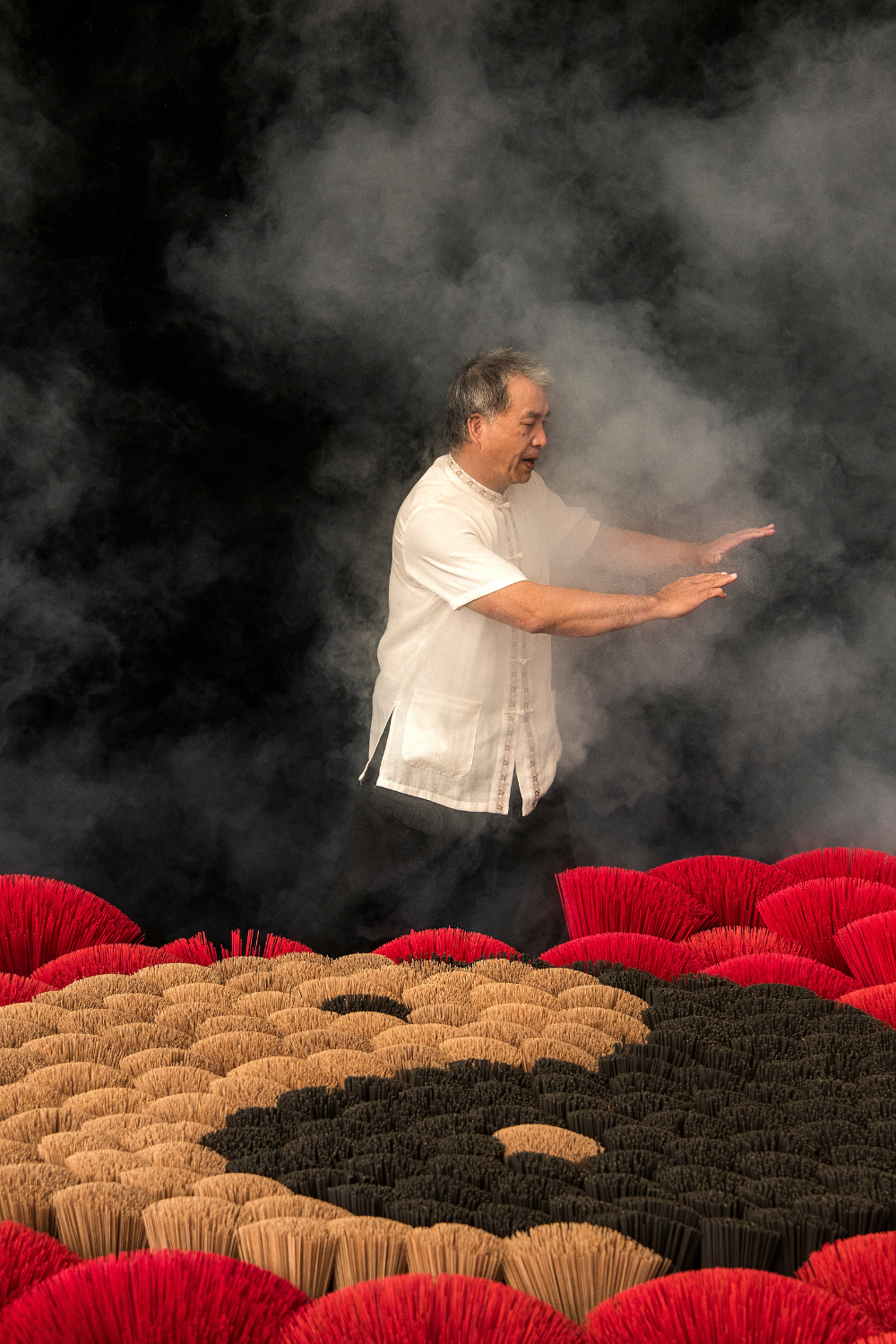
Tai Chi, an ancient Chinese martial art known for its slow, flowing movements and deep breathing techniques, plays a significant role in managing stress and anxiety. Rooted in the principles of balance, harmony, and relaxation, Tai Chi offers a holistic approach to calming the mind and rejuvenating the body. This practice has been embraced globally for its therapeutic effects on mental health, proving to be an effective tool in the modern fight against stress and anxiety.
- Mind-Body Connection: Tai Chi emphasizes the integration of mind, body, and spirit, promoting a heightened state of awareness and mindfulness. This focus on present-moment movements and breathing helps practitioners divert their attention away from stress-inducing thoughts and emotions, fostering a state of mental calmness and clarity.
- Breathing Techniques: Central to Tai Chi is the practice of deep, abdominal breathing, which is integral to its routines. This type of breathing stimulates the parasympathetic nervous system, responsible for the body’s ‘rest and digest’ responses, as opposed to the ‘fight or flight’ responses triggered by stress and anxiety.
- Flowing Movements: The gentle, rhythmic movements of Tai Chi facilitate physical relaxation by releasing tension held in the muscles. These movements encourage the flow of Qi (vital energy) throughout the body, which according to Traditional Chinese Medicine, helps in balancing emotional disturbances and reducing anxiety levels.
- Meditative State: The repetitive nature of Tai Chi’s movements has a meditative effect, similar to the practice of mindfulness meditation. This meditative state aids in reducing stress levels, promoting emotional well-being, and enhancing overall mental health.
- Physical Activity: Regular physical activity is known to reduce stress and improve mood, and Tai Chi, while gentle, is an effective form of exercise. The physical aspect of Tai Chi, combined with its mindful movements, contributes to the reduction of stress hormones like cortisol and increases the production of mood-enhancing neurotransmitters.
- Social Support: Tai Chi is often practiced in groups, providing a sense of community and belonging. This social interaction can be incredibly beneficial for those dealing with stress and anxiety, offering emotional support and reducing feelings of isolation.
- Improved Sleep: Stress and anxiety often disrupt sleep patterns, leading to a vicious cycle of increased stress due to lack of rest. Tai Chi can improve the quality of sleep, making it easier to fall asleep and stay asleep, which in turn, can significantly reduce stress levels.
- Coping Mechanism: Practicing Tai Chi equips individuals with a healthy coping mechanism for dealing with stressors. Instead of resorting to unhealthy habits such as substance abuse, individuals can turn to Tai Chi to manage their stress and anxiety in a constructive manner.
- Reduction in Muscle Tension: The slow, deliberate movements of Tai Chi help in releasing muscle tension, a common physical manifestation of stress and anxiety. As the body relaxes, the mind follows, leading to a decrease in anxiety levels.
- Enhanced Resilience: Regular Tai Chi practice builds emotional resilience, enabling individuals to handle stressful situations more effectively. This resilience is cultivated through the repetitive practice of controlling one’s movements and breath, fostering a sense of inner strength and stability.
- Balancing the Nervous System: Tai Chi’s emphasis on deep breathing and mindful movement helps in balancing the autonomic nervous system, which is often out of sync in individuals experiencing chronic stress and anxiety. By harmonizing the sympathetic and parasympathetic branches, Tai Chi promotes a sense of equilibrium and peace.
- Accessibility: Tai Chi is accessible to people of all ages and physical abilities. Its adaptability makes it an inclusive practice for managing stress and anxiety, offering a gentle yet effective option for those who may be intimidated by more vigorous forms of exercise.
In conclusion, Tai Chi serves as a powerful tool in managing stress and anxiety, offering a multi-faceted approach that addresses the psychological, physical, and emotional aspects of these conditions. Through its integration of meditative practices, physical exercise, and breath control, Tai Chi provides a pathway to inner peace and emotional stability, making it an invaluable practice for those seeking to alleviate stress and anxiety in their lives.
